Summaries of books about Philosophical Theories:
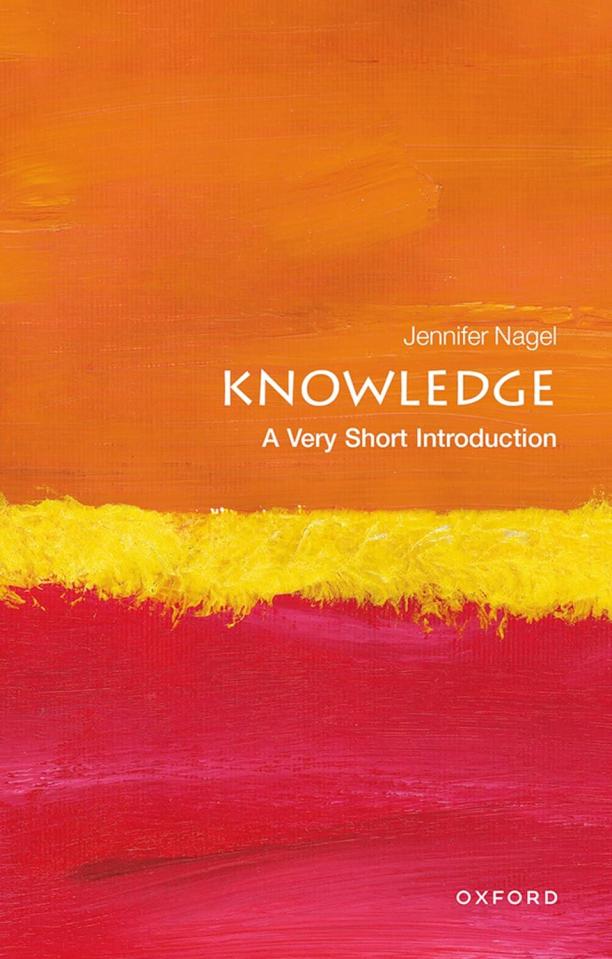
Knowledge
A Very Short Introduction
Jennifer Nagel
The book explores the concept of knowledge, examining historical theories and contemporary issues in epistemology, including skepticism, the nature of perception, and the distinction between knowing how and knowing that. It delves into the debate over the limits of what we can know and the role of experience and evidence in shaping our understanding of the world.
See full summary
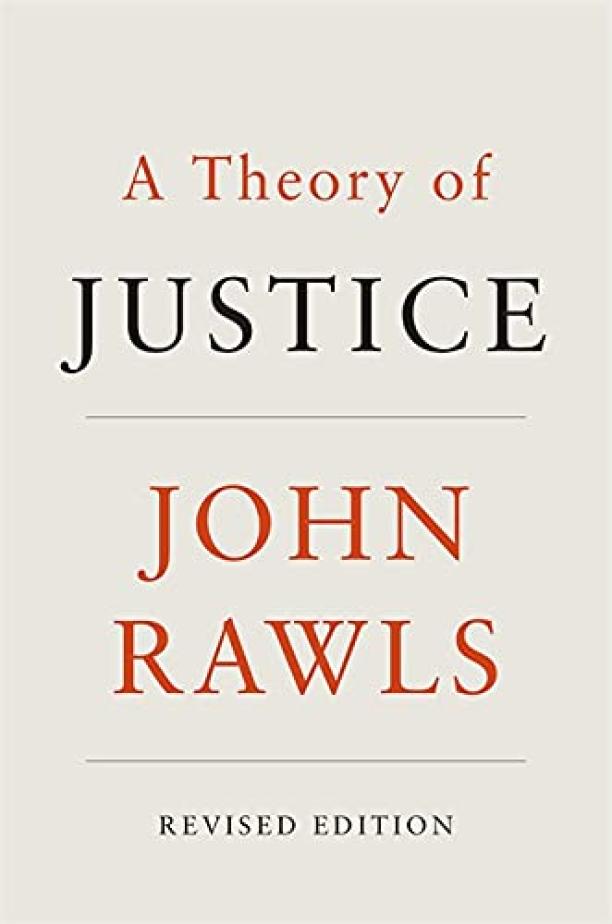
A Theory of Justice
Revised Edition (Belknap)
John Rawls
The book presents a philosophical framework for understanding justice as fairness, proposing principles of justice to structure society's basic institutions. It argues for a social contract approach where inequalities are permissible only if they benefit the least advantaged members of society.
See full summary
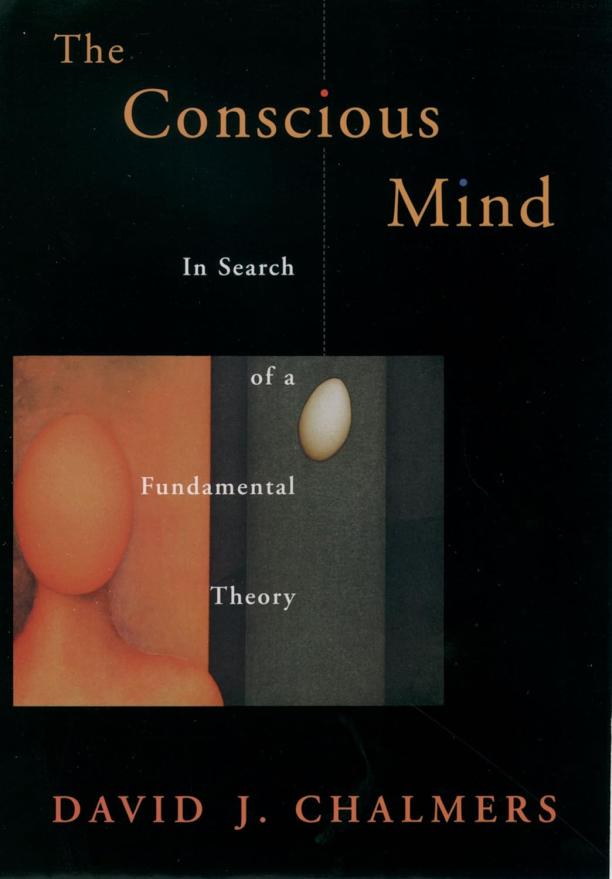
The Conscious Mind
In Search of a Fundamental Theory
David J. Chalmers
The book presents a comprehensive argument for the importance of consciousness in the philosophy of mind, challenging materialistic views by proposing that mental states are fundamental to the universe, akin to space, time, and matter. It introduces the "hard problem" of consciousness, questioning how subjective experiences arise from physical processes, and explores the possibility of panpsychism and the existence of consciousness in various forms across the universe.
See full summary

The Soul of the World
Roger Scruton
The book defends the importance of shared religious and cultural practices in fostering a sense of sacredness and transcendence in an increasingly secular world. It argues for the significance of aesthetic and moral experiences in understanding human nature and our place within the cosmos.
See full summary
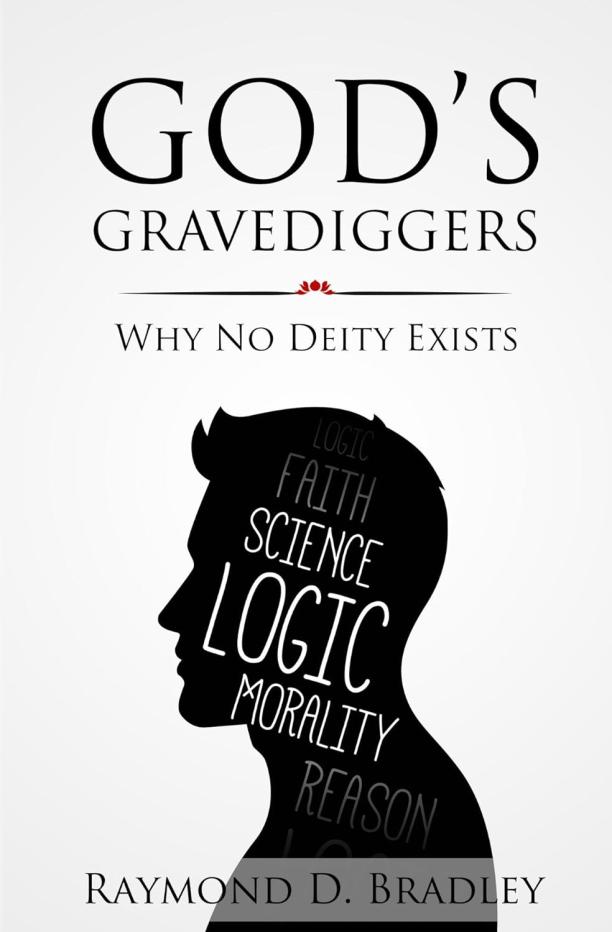
God's Gravediggers
Why no Deity Exists
Raymond Bradley
The book presents a philosophical argument against the existence of any deity, drawing on a range of disciplines including science, history, and theology. It critically examines theistic claims and traditional arguments for God's existence, aiming to demonstrate their logical inconsistencies and the improbability of a divine being.
See full summary
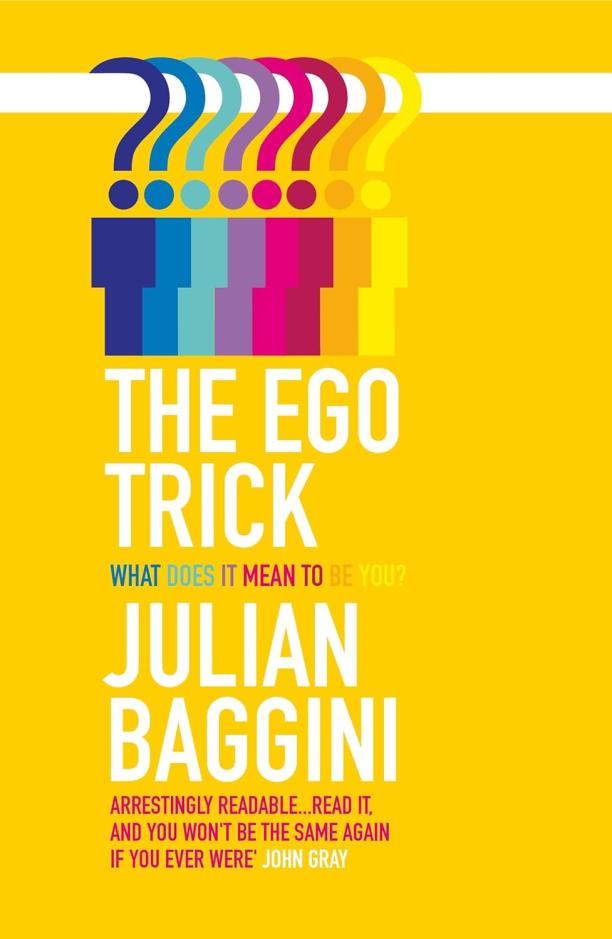
The Ego Trick
Julian Baggini
The book explores the nature of the self, questioning the idea of a consistent, unchanging identity and arguing that the ego is a constantly evolving construct shaped by experiences and perceptions. It delves into philosophy, neuroscience, and psychology to challenge traditional notions of personal identity and the concept of a singular, coherent self.
See full summary
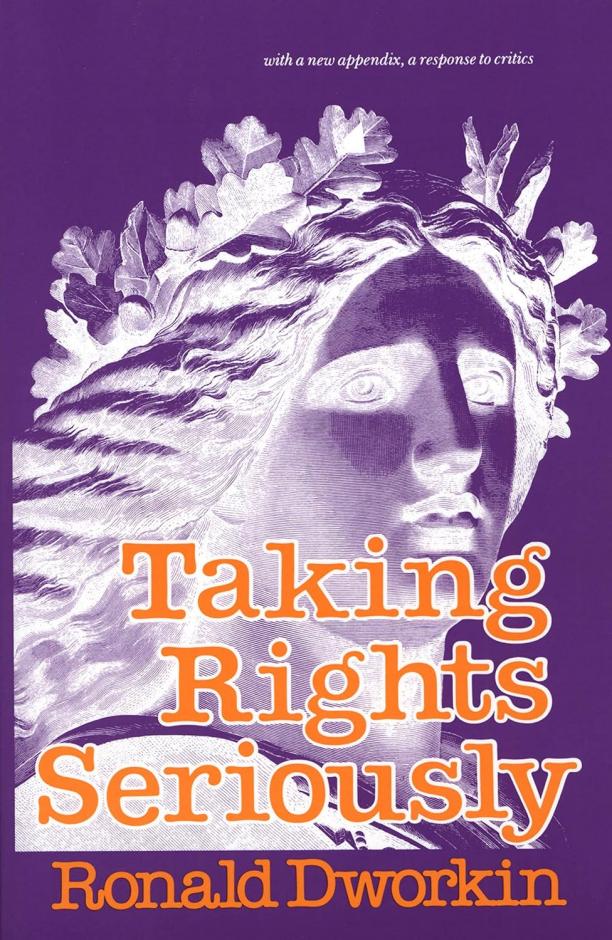
Taking Rights Seriously
With a New Appendix, a Response to Critics
Ronald Dworkin
The book presents a collection of essays that argue for a liberal egalitarian approach to law and morality, emphasizing the importance of individual rights and the role of judicial discretion in interpreting the law. It also includes a response to critics, where the author defends his theory against various objections and elaborates on the concept of 'law as integrity.'
See full summary
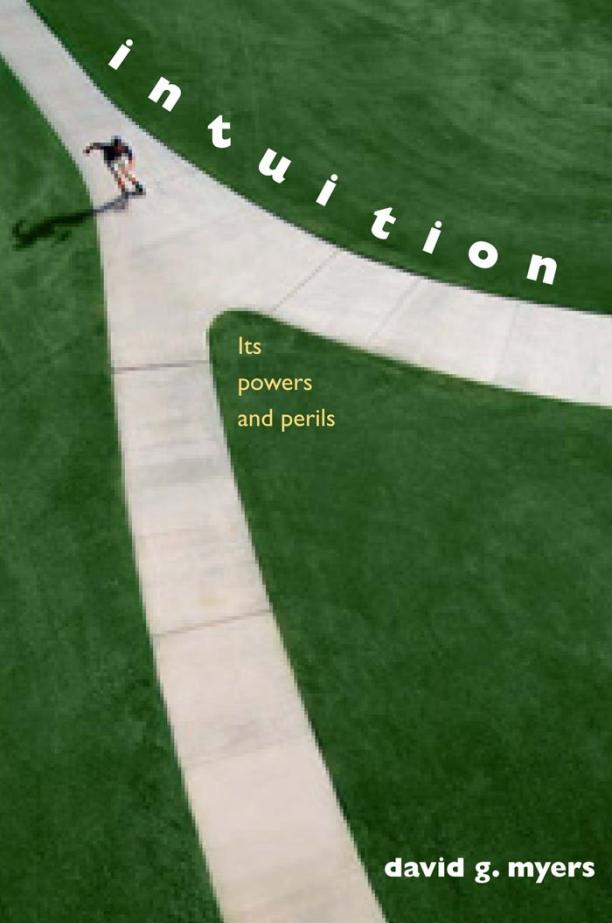
Intuition
Its Powers and Perils
David G. Myers
The book explores the dual nature of intuition, highlighting how instinctive judgments can be both remarkably accurate and dangerously flawed. It delves into psychological research to examine the processes behind our intuitive leaps, revealing the strengths and weaknesses of our snap decisions.
See full summary
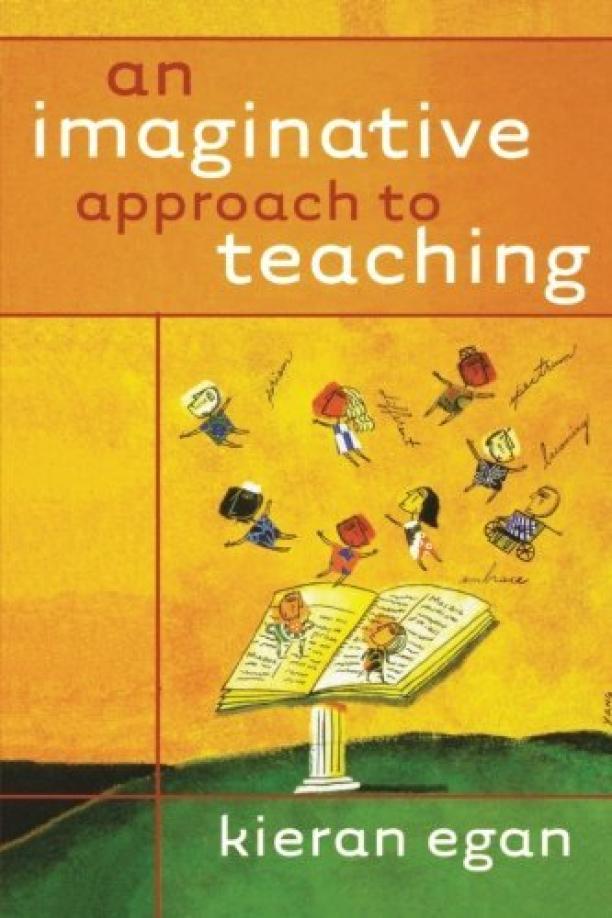
An Imaginative Approach to Teaching
Kieran Egan
The book presents a novel educational framework that emphasizes the importance of imagination in teaching, proposing techniques to engage students' emotions and intellect through storytelling, metaphors, and the cultivation of cognitive tools. It challenges traditional teaching methods by offering strategies to tailor learning experiences to different stages of understanding, aiming to make education more engaging and effective.
See full summary
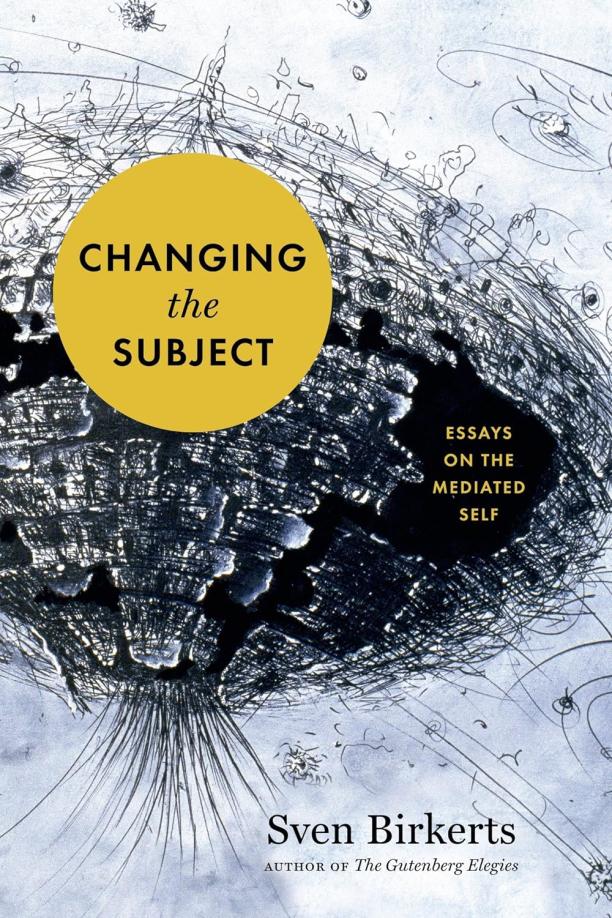
Changing the Subject
Art and Attention in the Internet Age
Sven Birkerts
The book explores the impact of the digital age on our capacity for deep reading, critical thinking, and sustained attention, arguing that the internet is leading to a fragmentation of focus and a diminishment of the contemplative mind. It examines the consequences of this shift for literature, art, and culture, advocating for the preservation of traditional forms of engagement and the value of introspection.
See full summary